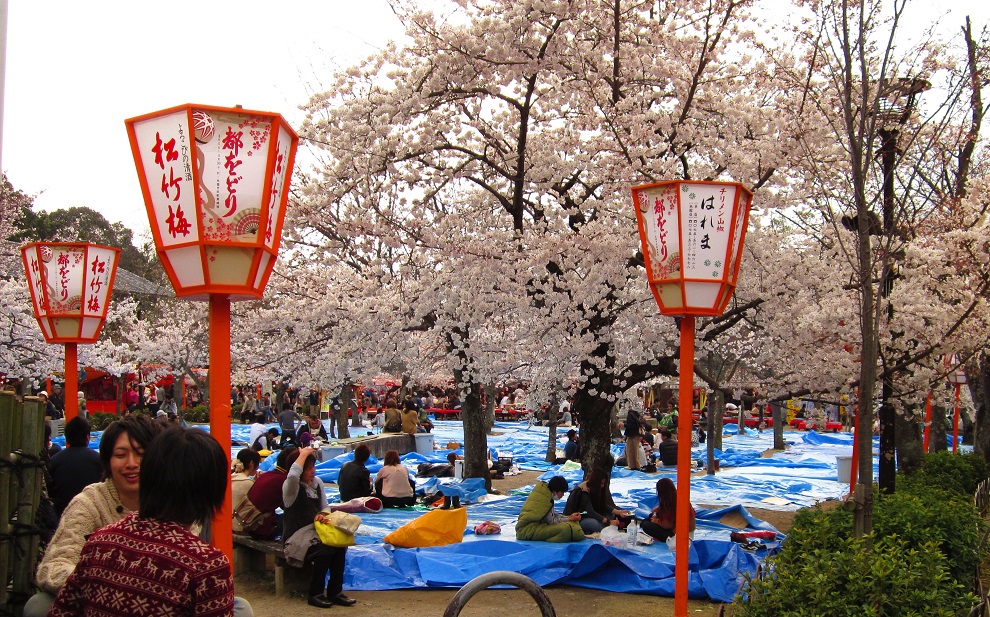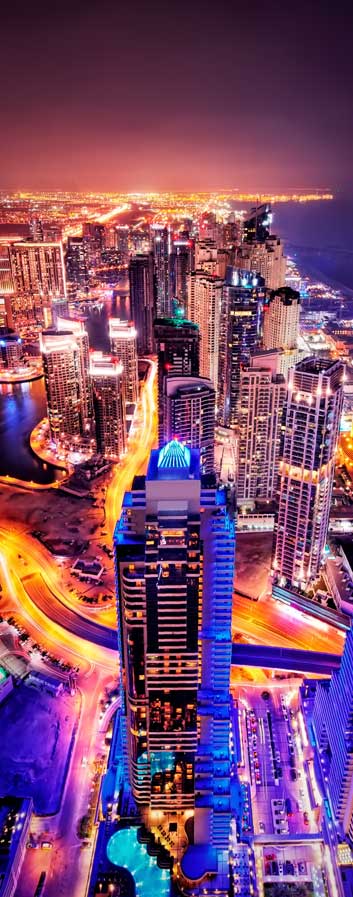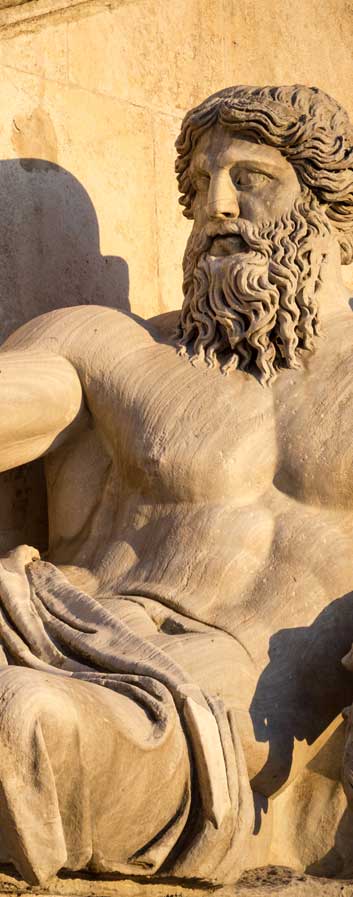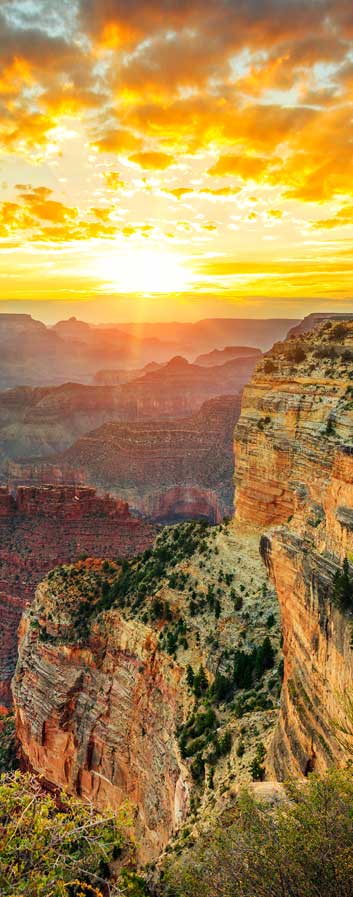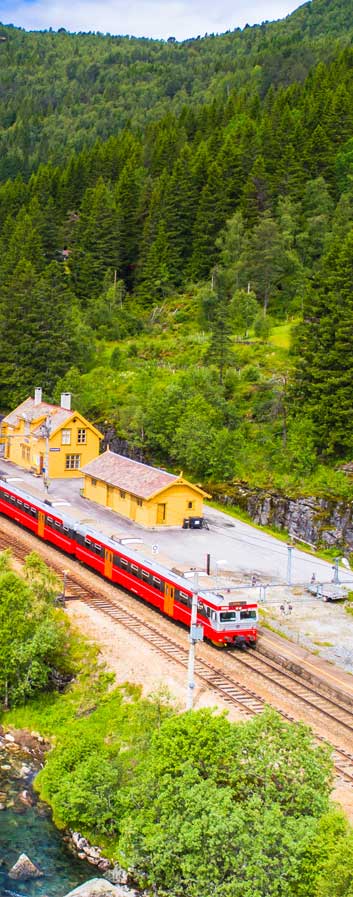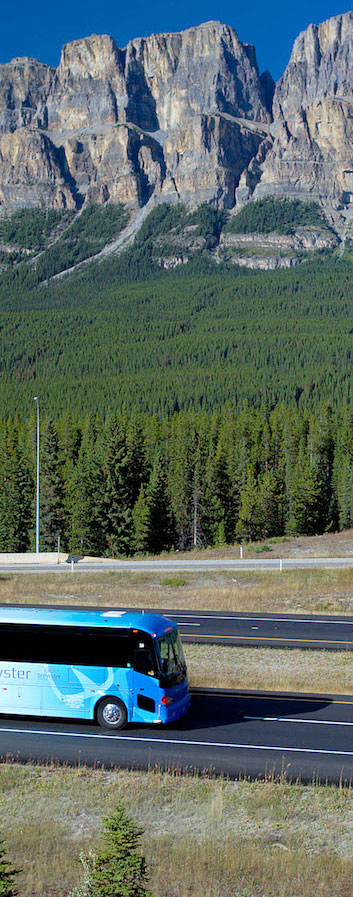Higashiyama
The Higashiyama District along the lower slopes of Kyoto's eastern mountains is one of the city's best preserved historic districts. It is a great place to experience traditional old Kyoto, especially between Kiyomizudera and Yasaka Shrine, where the narrow lanes, wooden buildings and traditional merchant shops invoke a feeling of the old capital city. Recent renovations to remove telephone poles and repave the streets have further improved the traditional feel of the district.
The streets in Higashiyama are lined by small shops, cafes and restaurants which have been catering to tourists and pilgrims for centuries. These businesses retain their traditional design, although many have been renovated through the years, and they continue to serve customers today, selling local specialties such as Kiyomizu-yaki pottery, sweets, pickles, crafts and other souvenirs.
The shops and restaurants in the area typically open around nine or ten in the morning and close relatively early around five or six in the evening, except during the ten day long Hanatoro in March when the streets of Higashiyama are lined by thousands of lanterns and many of the area's temples, shrines and businesses have extended hours and special illuminations.
While the walk through the Higashiyama District between Kiyomizudera and Yasaka Shrine is only about two kilometers long and could be done in half an hour, you could easily spend half a day or more in the area, visiting the various temples, shrines, shops and cafes along the way. Good walkers are likely to enjoy walking beyond Yasaka Shrine past Chionin and Shorenin Temples to Heian Shrine, and possibly even further via Nanzenji and the Philosopher Path to Ginkakuji Temple.
Kiyomizudera is one of Japan's most popular temples. It stands in the wooded hills of eastern Kyoto and offers visitors a nice view over the city from its famous wooden terrace. The busy approach to the temple is lined by dozens of shops and restaurants that have been catering to pilgrims and tourists for centuries.
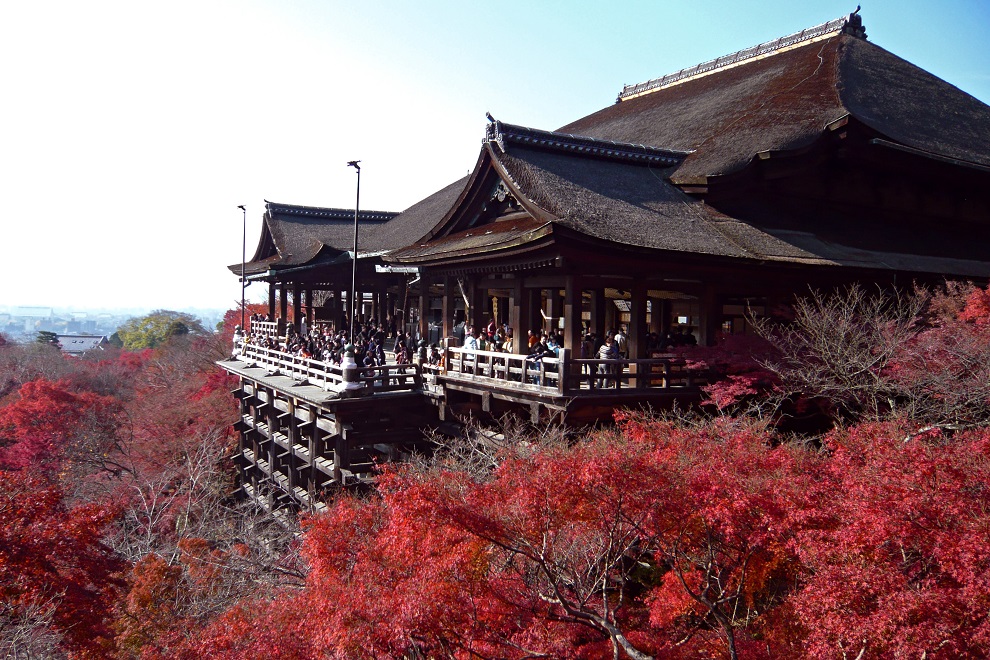
Kodaiji Temple was constructed in 1605 in memory of Toyotomi Hideyoshi by the great political leader's wife. It features temple halls, gravel and landscape gardens, teahouses and a bamboo grove.
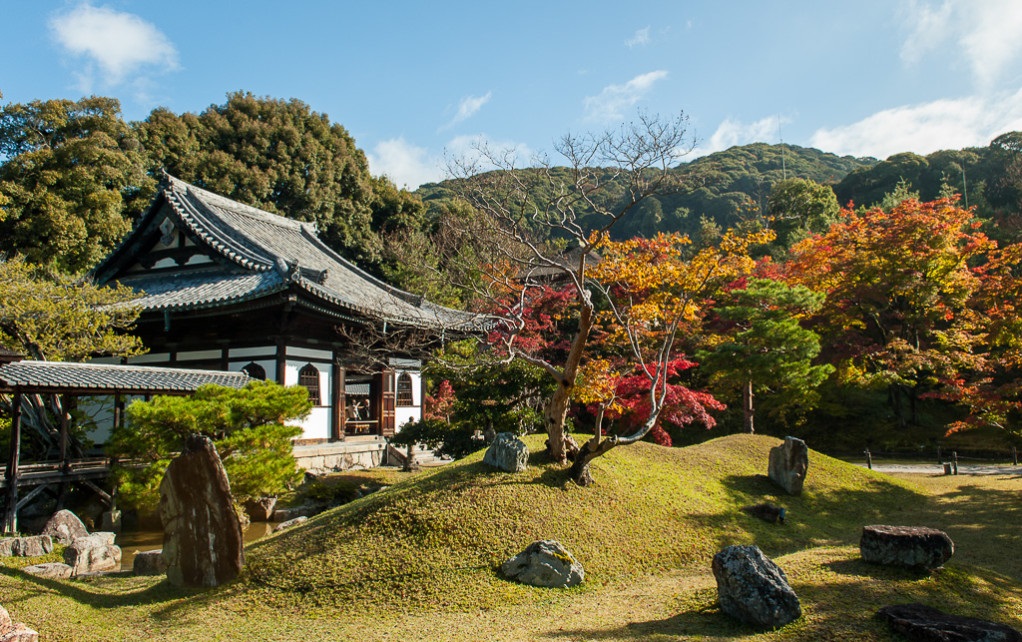
Yasaka Pagoda, the last remnant of Hokanji Temple, is one of the most visible and recognizable landmarks in the Higashiyama District. Visitors may climb up the inside of the five story pagoda, which is a rare opportunity as most pagoda can only be viewed from the outside.
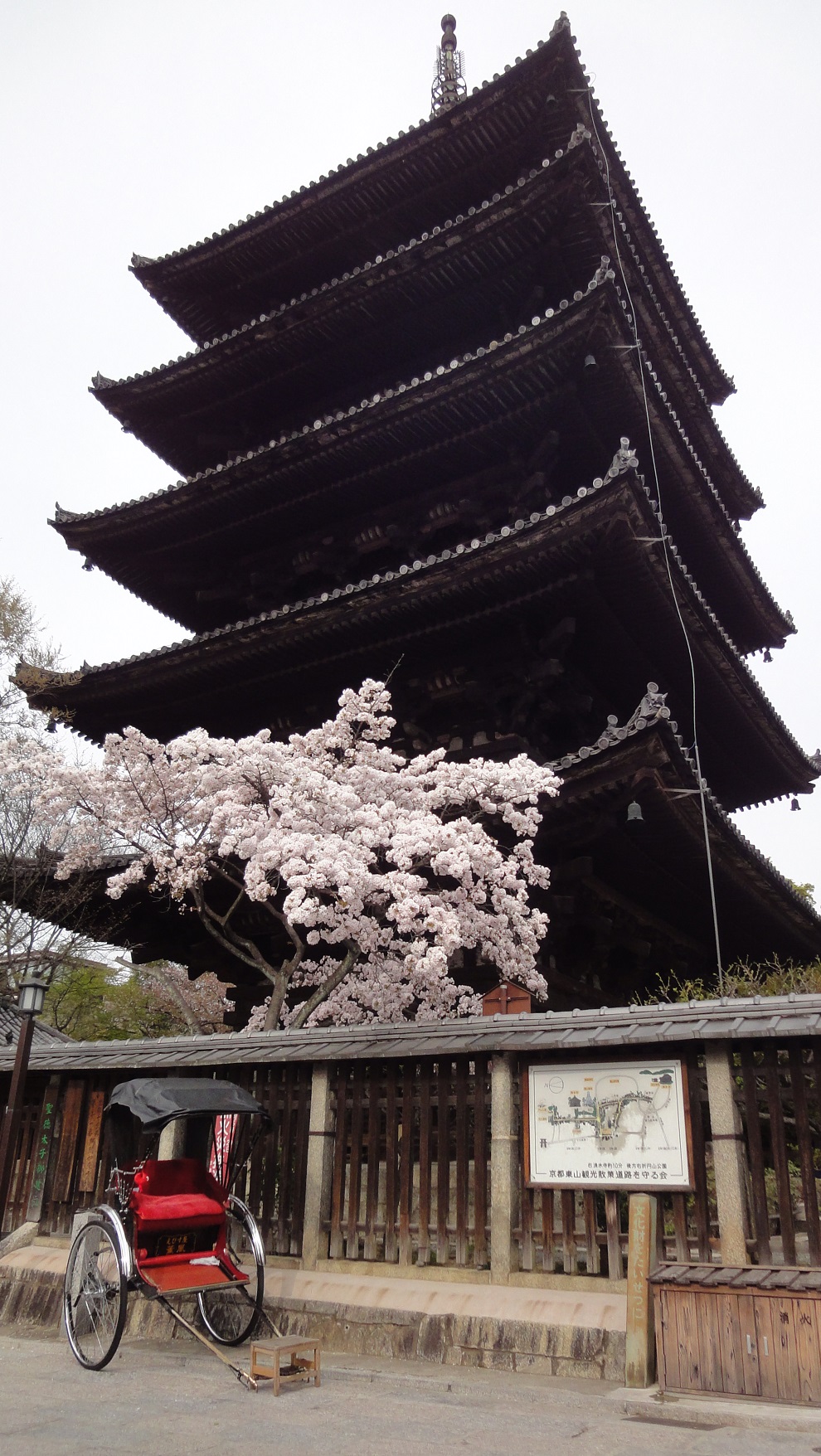
Yasaka Shrine, host to the Gion Matsuri, is one of Kyoto's most popular shrines and is located at the eastern end of Shijo-dori next to Maruyama Park. The shrine's hanging lanterns are lit every night after dark.
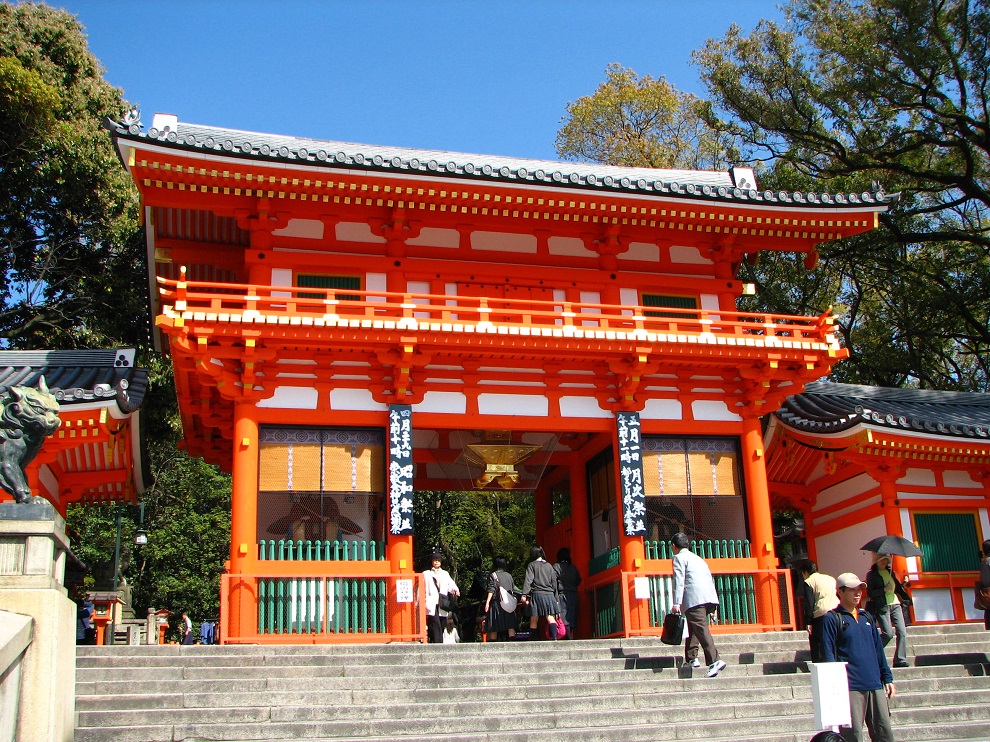
Maruyama Park is a public park next to Yasaka Shrine. During the first half of April, when the cherry trees are in full bloom, Maruyama Park becomes Kyoto's most popular and most crowded spot for cherry blossom viewing.
